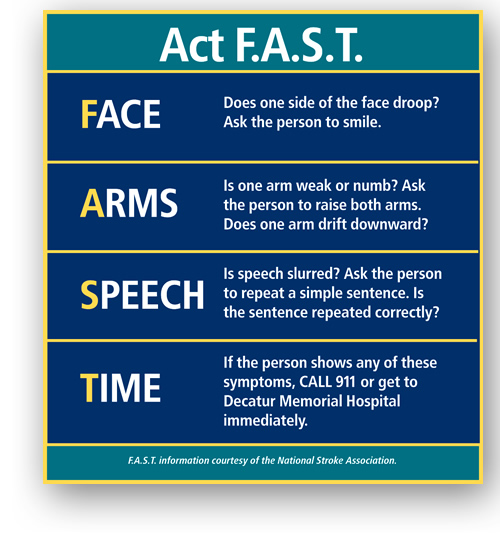 Even mothers that have followed the recommended guidelines of eating an additional 200 calories per day during the second and third trimesters of their pregnancy from nutritional sources, and avoided highly processed and junk foods, can feel anxious about the additional fat that is stored by the body to support pregnancy. Many new mothers decide that their own health is more important once another persons life depends on it. A mother is the most important thing in her babies life and throughout its upbringing, so it is advisable she is as fit and healthy as her capabilities allow.
Even mothers that have followed the recommended guidelines of eating an additional 200 calories per day during the second and third trimesters of their pregnancy from nutritional sources, and avoided highly processed and junk foods, can feel anxious about the additional fat that is stored by the body to support pregnancy. Many new mothers decide that their own health is more important once another persons life depends on it. A mother is the most important thing in her babies life and throughout its upbringing, so it is advisable she is as fit and healthy as her capabilities allow.
I advise all of my clients that have a goal of reduced body fat, that it must be a gradual reduction. This is particularly important for vulnerable individuals, post-natal mothers included. Mothers that breast feed burn additional calories to support the production of their milk. Usually a new mother can expect to lose 6.8kg (15lb) within the first week after birth. Some mothers retain 2.3-4.5kg (5-10lb) for each of their pregnancies and do not manage to change their nutrition and lifestyle to lose any unneeded body fat after each pregnancy. This is contributing to more and more women nowadays carrying unhealthy levels of body fat and increasing their vulnerability to sickness and disease.
Women who eat a nutritionally balanced diet will typically lose 450-900g (1-2lb) in weight, per month during the first 4 to 6 months of breast feeding. Mothers that bottle feed their babies from the beginning, will lose weight more slowly as they are not needing the additional calories to support this. It is worth noting that a weight loss of more than 700g (1.5lb) per week can reduce the volume of breast milk the mother is producing, thus risking the nutritional health of the mother and baby.
A new mother is therefore advised, not to cut back on calories drastically but ensure that what she does eat is of a good standard of nutritional value and not highly processed. She should also ensure she is drinking 2 litres of water per day, and some mothers such as those breast feeding and/or exercising may need more.
If you are unsure of the nutritional value of your foods it is essential you find out and check. Some nutrients we need in larger quantities than others and some pose a risk to our health if we have them in too larger quantity. Contact me for further information on any of the topics discussed in this article.
 Gary Anderson shares his trauma of suffering 2 strokes aged 49
Gary Anderson shares his trauma of suffering 2 strokes aged 49
Gary was married father of free working full time when he suffered a stroke one morning shortly after getting out of bed. He says he was going through a very stressful stage in his life. More people are suffering Coronary heart disease (CHD) which is caused by a gradual build up of fatty deposits in the walls of the coronary arteries, which can then cause them to narrow. This poses the increased risk of stroke which happens when the artery carrying blood to the brain is blocked, or an artery bleeds into the brain. Stroke can affect the function of the human body due to the brain damage it does. Gary shares his experience of the events leading up to his hospital admission, his experience at Basildon hospital, his rehabilitation and the way he now lives his life with a far greater respect for his health and wellbeing. Interview starts about 20 minutes into the recording:
Gary Anderson speaking about being a victim of 2 Strokes
 Nigel Clarke from The Hair Company gets on his soap box about animal wellfare
Nigel Clarke from The Hair Company gets on his soap box about animal wellfare
Nigel was the first person that ever told me what a processed food was when I presented him the offer of one of my chicken nuggets one evening. Animals are increasingly being farmed to meet the demands of the low cost prices supermarkets demand. This greatly affects the quality of life they have whilst alive, how much fat and cholesterol they have and ultimately results in humans consuming unhealthy poor. Not only is the treatment of animals unethical but humans are actually ‘shooting themselves in the foot’ so to speak, because they are actually shortening the length of their own lives as a result of farming in this way. We, the consumer, have the power to chose where we buy our meat from. Local butchers, farmers markets, farm shops, greengrocers and fishmongers support the our local economy and can enhance our health at the same time. The  food we eat doesn’t ALL have to be organic, but just grown in more natural conditions. We all have a part to play in this important issue if we are to save the planet and the health of the human race. If the NHS continues draining
food we eat doesn’t ALL have to be organic, but just grown in more natural conditions. We all have a part to play in this important issue if we are to save the planet and the health of the human race. If the NHS continues draining  away our tax money then our economy will be in an even poorer state and we will be poorer in both health AND money. I wonder when the government will start to acknowledge and do something about the link between the health of our population and the health of the economy? Discussion begins 30 minutes into the recording:
away our tax money then our economy will be in an even poorer state and we will be poorer in both health AND money. I wonder when the government will start to acknowledge and do something about the link between the health of our population and the health of the economy? Discussion begins 30 minutes into the recording:
Nigel Clarke on animal welfare


























